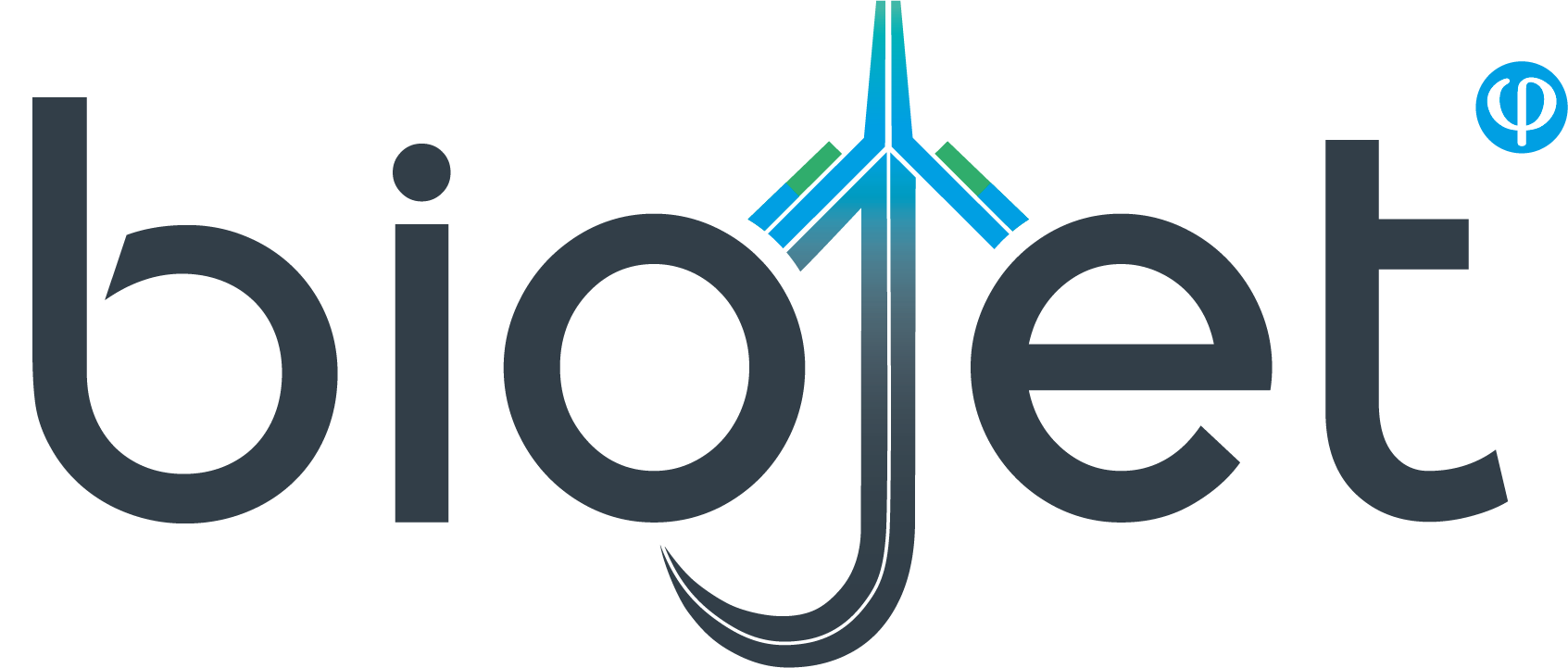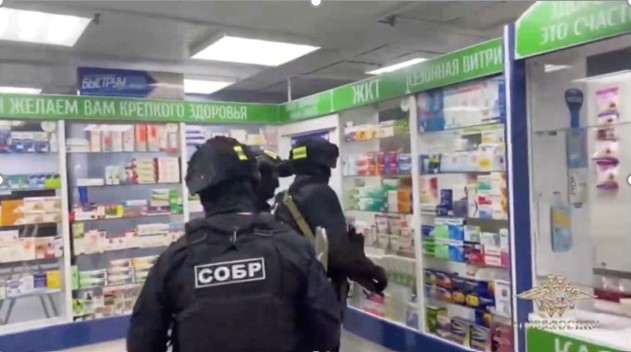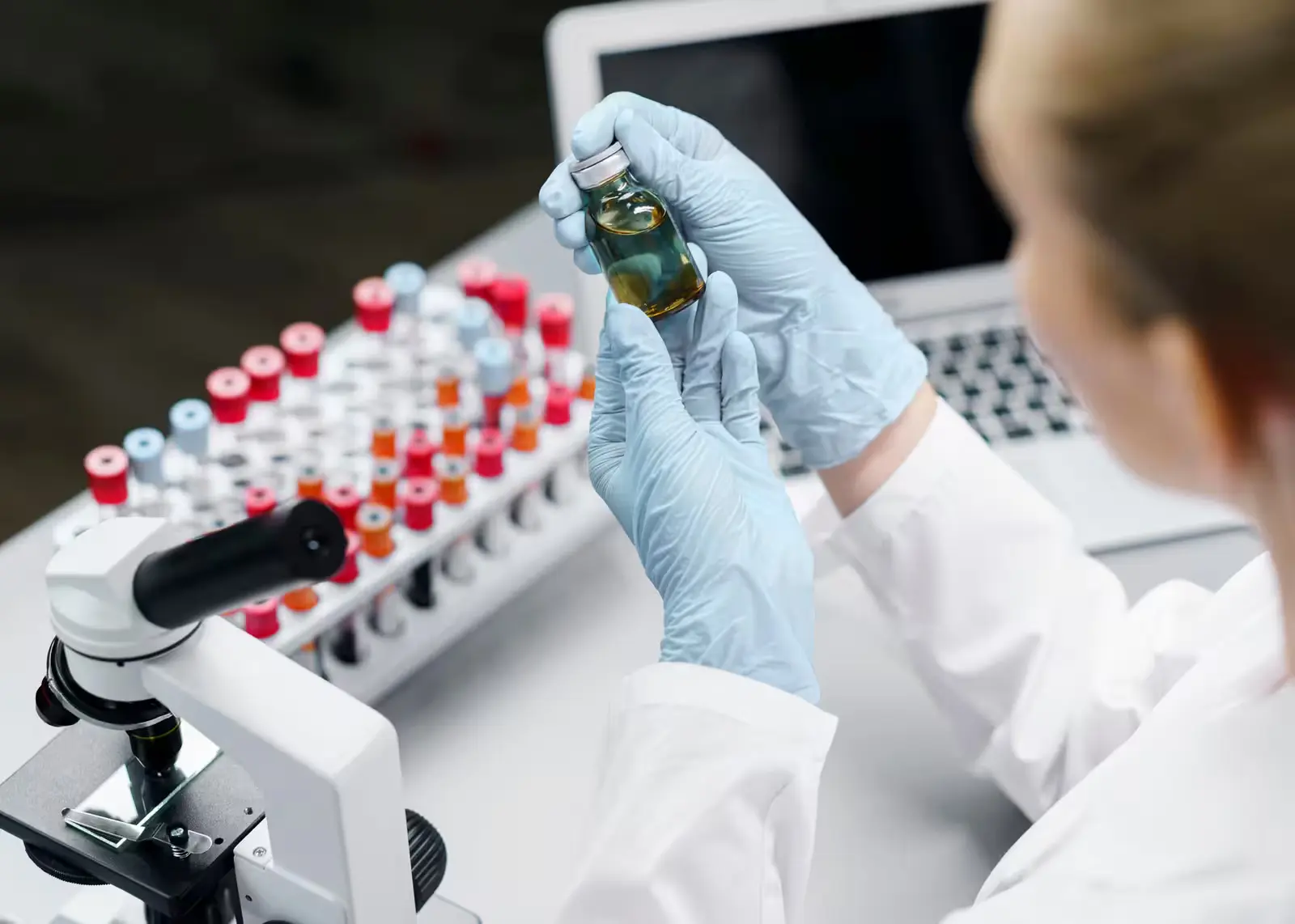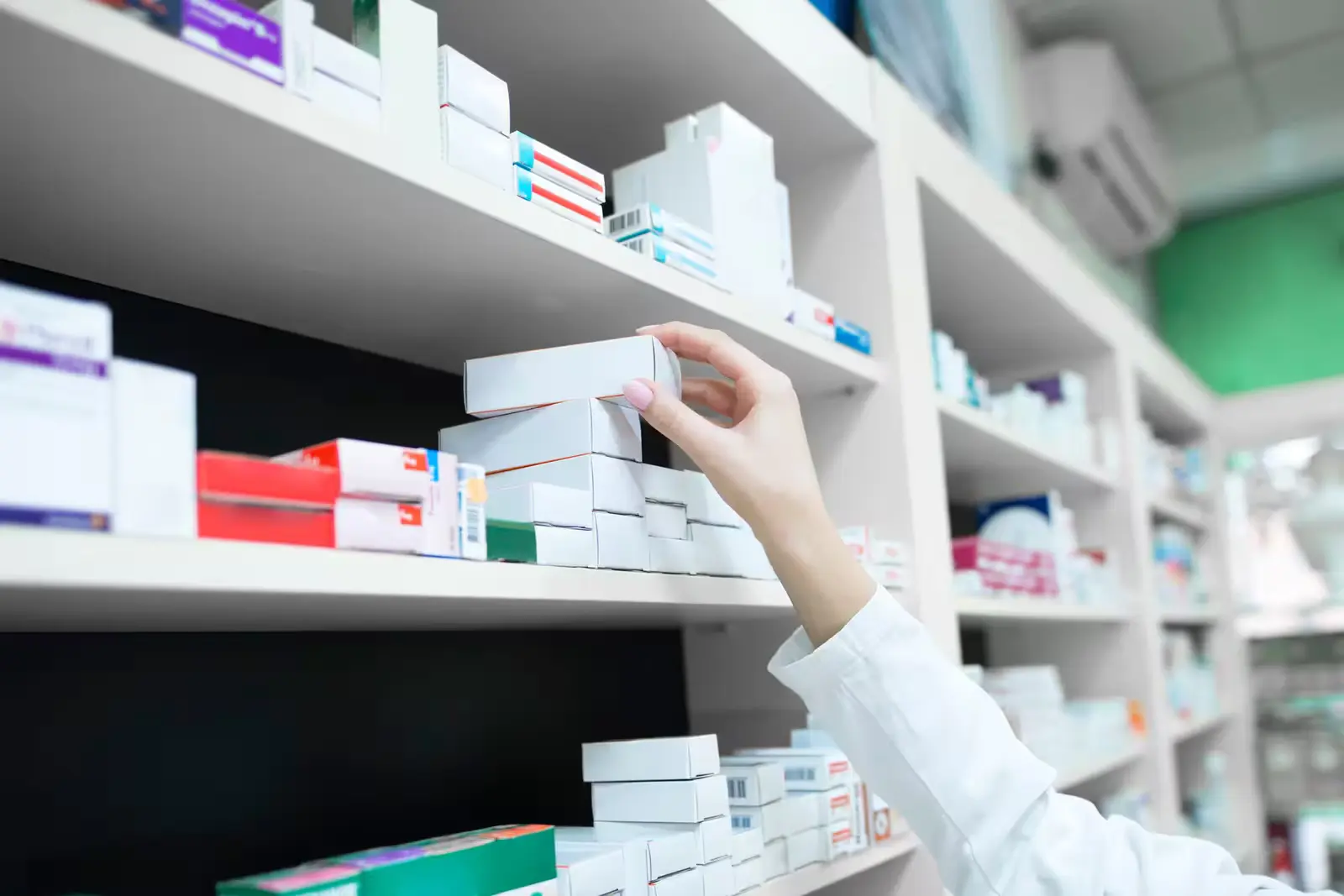The suspects in the case of the Prophylactic medical center created an entire distribution network in the form of their own pharmacies
A businessman accused of illegal trafficking of potent substances bought up Moscow pharmacies in order to establish illegal trade in psychotropic drugs such as Lyrica and Xanax through them. And he sold prescriptions for such drugs through his own medical clinic. The Investigative Committee uncovered such a business scheme during the investigation of the criminal case against the owner of the Prophylactic medical center, Vagan Sargsyan, a source familiar with the investigation told Izvestia. The defendants in this case could earn up to 1 million rubles a day just by selling prescriptions; tens of thousands of forms were seized during searches. The defendants are currently five entrepreneurs and doctors who were detained at the end of June 2024. How widespread is this criminal scheme and why it is difficult to combat it – in the Izvestia investigation.
Pharmacies in a criminal scheme
In October 2023, businessman, head physician of the capital’s medical center “Profilaktik” Vagan Sargsyan bought the pharmacy OOO “Vesna” on 3rd Karacharovskaya Street. In May 2024, he also acquired OOO “Apteka” with a retail outlet on Beskudnikovsky Boulevard. And literally immediately, the “portrait” of the average client at pharmacies changed dramatically. Thus, in the pharmacy on 3rd Karacharovskaya, almost immediately after the change of ownership, they began to record 50-80 people a day who came to buy “Lyrica” - an anticonvulsant drug that is extremely popular among drug addicts. For example, in December 2023, this pharmacy alone sold 4 thousand packages of “Lyrica”.
All this data is contained in the materials of the criminal case, which is currently being investigated by the Investigative Department of the Investigative Committee for the South-Eastern Administrative District of Moscow.
Large-scale seizures of potent substances sold in violation of the law took place in several Moscow pharmacies at the end of June 2024. It turned out that the flow of customers for them was provided by only one medical center – “Prophylactic”. There, according to the case materials, prescriptions for potent psychotropic drugs were simply sold – they were written out without examining patients and without their having any medical indications. And then they were sent to buy these drugs in pharmacies owned by Vagan Sargsyan. He was also the owner and head doctor of “Prophylactic”. That is, according to the investigation, he created a kind of closed cycle of selling psychotropic substances.
Then, in June 2024, the main suspects in the case were detained. In addition to Sargsyan, the defendants included the deputy head physician of the Profilaktik center Ivetta Shcherbakova, psychiatrist Mikhail Avsharov, director of one of the pharmacies Evgeniya Morozova and her deputy Zelimkhan Dadaev.
All of them are accused of providing services that do not meet safety requirements, by an organized group of persons (clause “a” of Part 2 of Article 238 of the Criminal Code of the Russian Federation). Sargsyan, Avsharov and Dadaev were sent to a pre-trial detention center, and the rest were placed under house arrest. At the end of July, the Moscow City Court changed Sargsyan’s detention to house arrest, but after leaving the pre-trial detention center, he was again detained and charged with illegal trafficking of potent substances on a large scale, committed by an organized group (Part 3 of Part 234 of the Criminal Code of the Russian Federation). Sargsyan himself denies his involvement in the criminal scheme and refused to testify in accordance with Article 51 of the Constitution.
Since the initiation of the criminal case, searches have been conducted in the homes of the defendants, in pharmacies with the seizure of documentation confirming the sale of substances, and bank account information has been obtained. Several tens of thousands of prescription forms have been seized.
A tried and tested scheme
According to the investigation, in September 2023, Vagan Sargsyan gave orders to his subordinates at the Prophylactic center to write out prescriptions for drugs containing potent substances in a simplified manner. We are talking about alprazolam (Xanax, Zolomax, Zoldak) and pregabilin (Lyrica, Pregabilin-Richter, Algerica) – they cause feelings of euphoria and addiction, are included in the list of narcotic drugs, psychotropic substances subject to control in Russia.
IZVESTIA REFERENCE
Alprazolam is intended for the treatment of anxiety and panic disorders, has an anxiolytic, sedative, hypnotic, anticonvulsant and muscle relaxant effect. This tranquilizer can cause addiction, leads to a feeling of euphoria. Pregabilin is used to treat neuropathic pain in adults, epilepsy, as well as to treat anxiety disorders and fibromyalgia. But if you exceed the dose of 600 mg, it causes a feeling of euphoria. With this effect, mental and then physical dependence develops.
After this innovation, the flow of patients increased significantly – one doctor now had not 20-30 patients per day, but 50-70. At the clinic, clients paid from 2.5 to 4 thousand rubles to get a prescription. With the received prescription, the patient went to the pharmacy on 3rd Karacharovskaya Street. If the necessary drug ran out there, it was redirected to other pharmacies. Sarkisyan owned three pharmacies in total.
The prescriptions written at the clinic met all the standards, the forms were numbered. About 200-300 of them were written out per day. That is, with their cost of 2.5-4 thousand rubles, the defendants’ income from the sale of papers alone, not drugs, could be about 1 million rubles per day. The drugstore dispensed drugs only after the prescription was confirmed: a photo was sent to the work chat with the clinic, where the employees confirmed the authenticity of the prescription they issued.
At the same time, in recent months, “Lyrica” was dispensed from the pharmacy in blisters, because customers threw away the packages right on the street, which caused indignation among local residents. The customers at the pharmacies were restless — the employees of pharmacies, interviewed by law enforcement officials, said that if the drug was not available, or the employee of the pharmacy was slow, some customers shouted that they “bought everything”, so they were obliged to give them everything. Someone smashed the display case, someone sprayed the employees of the pharmacy from a spray can.
Word of mouth
The popularity of the medical center was ensured, among other things, by word of mouth. Thus, one of the witnesses in the case, Sergey (name changed) during interrogation said that he learned about “Prophylaxis” and an easy scheme for buying “Lyrica” from a man with whom he worked in the warehouse. At the reception of the medical center, he was immediately sent to a neurologist. In the doctor’s office, he complained of discomfort in the sciatic nerve. Without any checks, the doctor issued a prescription for “Lyrica” and sent him back to the reception, where Sergey paid 2.5 thousand rubles. And then he bought the drug at a pharmacy on 3-ya Karacharovskaya.
Another witness, Aidar (name changed), testified that he had been using Lyrica for the entire year. An acquaintance told him about Profilaktika — he assured him that they sell the prescription there without asking any questions even to absolutely healthy people.
On condition of anonymity, one of the employees of the medical center told Izvestia that during his shift from 9:00 am to 9:00 pm, about 300 people visited the clinic. They signed contracts for the provision of medical services, but medical records were not created. Clients made an appointment either through the reception or by phone.
— In such a situation, the actions of the head doctor of the clinic can be classified under several articles of the Criminal Code at once, in particular, as illegal production, storage, transportation or shipment for the purpose of sale, as well as illegal sale of potent or poisonous substances, — explained Pavel Klementyev, a lawyer at the Advocate Premium Bar Association. — Under these articles, you can get the maximum punishment in the form of imprisonment for up to 10 years with a fine of up to 1 million rubles.
For those who purchase counterfeit prescriptions, liability is provided for the purchase and use of a knowingly counterfeit document, the lawyer noted. Under this article, the maximum punishment for the grantor of rights or exemption from obligations, stamps, seals or forms, which provides for a maximum punishment of up to one year of imprisonment.
IZVESTIA REFERENCE
Criminal cases are often filed in Russian regions.
— In September 2023, a criminal case was brought to court against Krasnodar pharmacists of the Rozhdestvenskaya chain, who sold Lyrica without a prescription. According to investigators, the 33-year-old woman created a criminal group of eight people, which included natives of Stavropol, Kuban, Orenburg and Belarus. Pharmacists and pharmacy managers sold drugs without a prescription and without keeping records, and purchased them without invoices in Moscow and sent them to Krasnodar on passing buses.
Experts say that such schemes are common throughout Russia. But there are also objective difficulties that often prevent them from being combated as effectively as possible, a source in law enforcement agencies told Izvestia.
— For example, in the Volgograd region there is a problem of one-day pharmacies where you can buy the same Lyrica without a prescription. The problem is that a criminal case requires a large purchase, but pharmacies buy goods in small quantities, — our interlocutor explained. — Such pharmacies operate until law enforcement officers pay attention to them — they close, and then open in a new place under a different owner. Also, narcotic drugs are delivered in Russia either by mail or through stashes.
According to the chemical-toxicological laboratory of the Reference Center for Monitoring the Consumption of Psychoactive Substances (a branch of the Moscow Scientific and Practical Center for Narcology), over the past three years — from 2021 to 2023, the consumption of alprazolam for non-medical purposes has increased by almost 303%, and pregabalin — by more than 6%.
Source: Izvestia.








